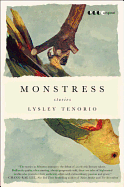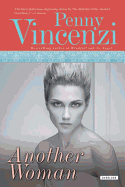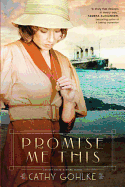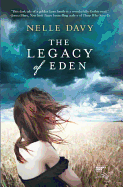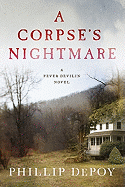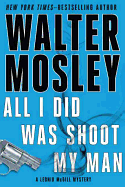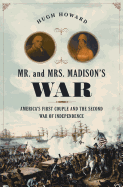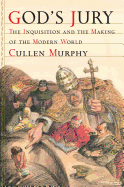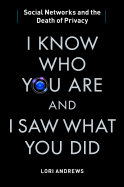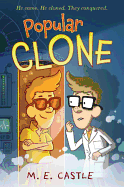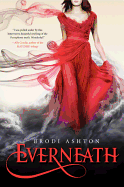Books as Vessels
 When I was a little girl and my family would go to the beach, I wanted to somehow take it with me when we left. I'd try, by keeping the shells I'd found or a small glass jar of salt water or a handful of sand (which was extra special if it glittered with fool's gold), but whatever I chose lost its magic once we got home; no ocean, no gold. I learned early on that I couldn't contain the beach or the sea or the experience, but even now, years later and firmly in middle age, I still want to. I stare out at the blue expanse of ocean with longing, wishing I could keep it and knowing I can't. There isn't a vessel that can contain its beauty and mystery and vastness.
When I was a little girl and my family would go to the beach, I wanted to somehow take it with me when we left. I'd try, by keeping the shells I'd found or a small glass jar of salt water or a handful of sand (which was extra special if it glittered with fool's gold), but whatever I chose lost its magic once we got home; no ocean, no gold. I learned early on that I couldn't contain the beach or the sea or the experience, but even now, years later and firmly in middle age, I still want to. I stare out at the blue expanse of ocean with longing, wishing I could keep it and knowing I can't. There isn't a vessel that can contain its beauty and mystery and vastness.
Which is where books come in, for they are wonderful and wondrous vessels for life and beauty and love and soulfulness, and they satisfy that childhood longing I still feel. Books let me keep what they portray for my very own: Pip and Magwitch will always be mine, as will Jane Eyre and Mr. Rochester, and Scout and Atticus and Boo, and that lovely moment when Scout introduces her father to their neighbor in her brother's bedroom. If I am open to it, reading allows a sort of magical transference to occur: the characters and their story--their joys and sorrows and longings and loves--settle in my heart and become part of me, and I never have to say goodbye to any of it. For someone who hates goodbyes--whether to loved ones or experiences or places I love--this is gold, the real thing. It's like taking home a spice-bottleful of ocean, and still hearing it roar in my ear, miles and miles away. --Bo Caldwell, author of City of Tranquil Light and The Distant Land of My Father



 Washington, D.C. topped the list of
Washington, D.C. topped the list of  One for the Money, based on the Janet Evanovich novel, opens today. Katherine Heigl stars as Stephanie Plum, a freshly unemployed department store worker who gets a job at her cousin's bounty hunting agency. The movie tie-in is available from St. Martin's Griffin ($14.99, 9780312600730).
One for the Money, based on the Janet Evanovich novel, opens today. Katherine Heigl stars as Stephanie Plum, a freshly unemployed department store worker who gets a job at her cousin's bounty hunting agency. The movie tie-in is available from St. Martin's Griffin ($14.99, 9780312600730). Albert Nobbs, based on the short story "The Singular Life of Albert Nobbs" by George Moore, also opens today. Glenn Close plays a woman living as a male hotel waiter in 19th-century Ireland. The movie tie-in novella has been delivered by Penguin ($10, 9780143122524).
Albert Nobbs, based on the short story "The Singular Life of Albert Nobbs" by George Moore, also opens today. Glenn Close plays a woman living as a male hotel waiter in 19th-century Ireland. The movie tie-in novella has been delivered by Penguin ($10, 9780143122524). We Need to Talk About Kevin, based on the novel by Lionel Shriver, opens nationally today. Tilda Swinton stars as the mother of a teenager who goes on a school shooting spree. A movie tie-in edition was published by Harper Perennial ($14.99, 9780062119049).
We Need to Talk About Kevin, based on the novel by Lionel Shriver, opens nationally today. Tilda Swinton stars as the mother of a teenager who goes on a school shooting spree. A movie tie-in edition was published by Harper Perennial ($14.99, 9780062119049).